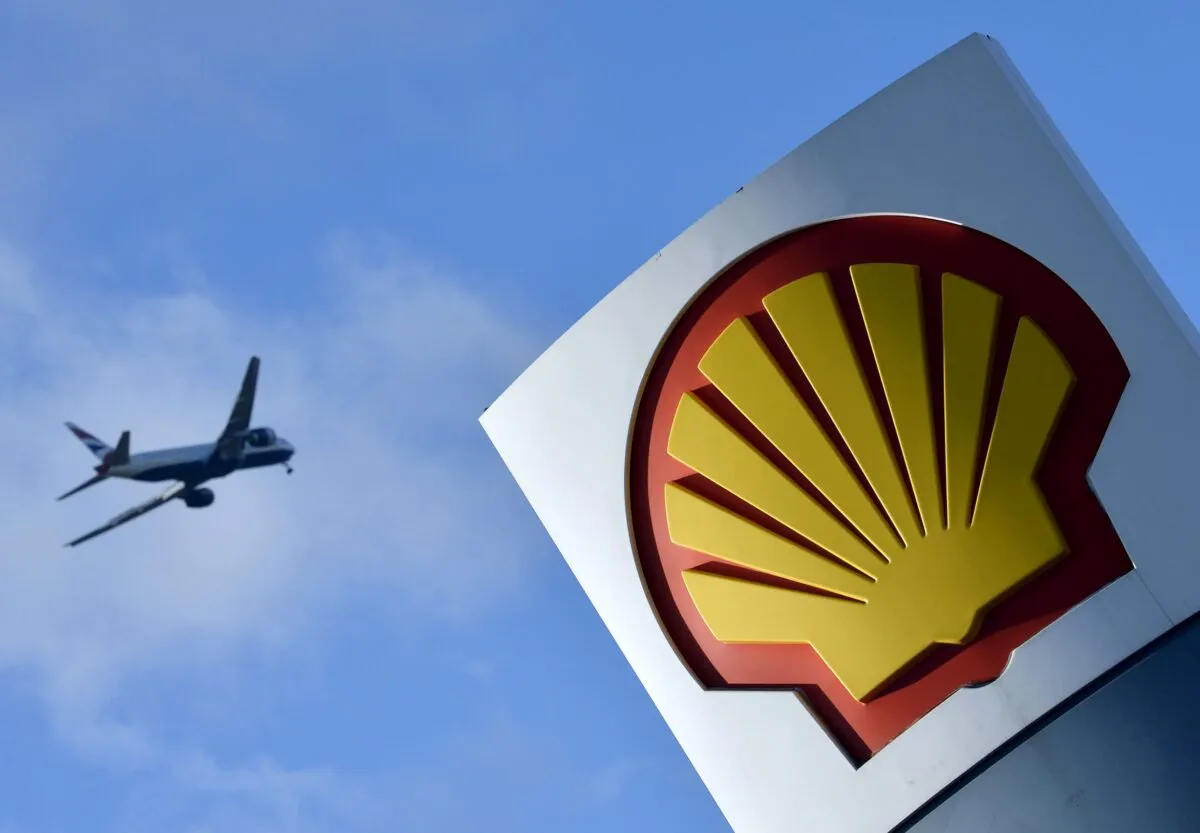11866
0
Shell plans to produce large-scale low-carbon aircraft fuel
Shell plans to produce large-scale low-carbon aircraft fuel from 2025 onwards. It will try to reduce greenhouse gas emissions.

Yazar: Tom Roberts
Yayınlanma: 21 Eylül 2021 09:59
Güncellenme: 19 Şubat 2026 06:00
Shell plans to produce large-scale low-carbon aircraft fuel
Shell plans to produce large-scale low-carbon aircraft fuel from 2025 onwards. It will try to get the world's airlines to reduce greenhouse gas emissions. Aviation, which generates around three percent of all emissions, is considered one of the most difficult sectors to address due to the lack of alternative technologies to jet engines. Shell, one of the world's largest oil traders, said it intends to produce 2 million tonnes of sustainable aviation fuel (SAF) by 2025, a tenfold increase in total world production compared to today. SAF fuel produced from waste cooking oil, plants and animal fats could reduce up to 80 percent of aviation emissions, according to Shell. In addition to Shell, British Airways and Velocys are also involved in the project to build a low-emission aviation fuel plant. A plant for the production of ecological fuel could start building in the north of England as early as this year. So far, £ 7.3 million has been invested in the project and the British government has also invested almost half a million pounds in construction. The whole project, which will create around 130 new jobs, will cost an estimated hundreds of millions of pounds. Shell, which currently only supplies SAF fuels produced by other companies, said Monday that it wants green aviation fuel that can be blended with conventional aviation fuel without having to change aircraft engines to account for up to 10 percent of global aviation fuel sales by 2030. According to investment bank Jeffries, SAF fuels currently account for 0.1 percent of current global demand. The main problem why there is no demand for SAF yet is that its price is currently up to eight times higher than the price of conventional aviation fuel. The availability of raw materials necessary for its production is still limited. However, Shell hopes that its move will inspire other oil companies to follow suit. "We expect more companies to join us," Anna Mascol, head of Shell Aviation, told Reuters. At the same time, the demand of airlines and individual states could grow at the same time. For example, the United States said last week that it wanted to reduce greenhouse gas emissions from aircraft by 20 percent by the end of the decade by significantly increasing the use of SAF. The Anglo-Dutch company Shell aims to reduce emissions from the fuels it sells to zero by 2050. The company is now in the midst of an extensive refurbishment aimed at producing more low-carbon fuels, such as biodiesel, SAF and hydrogen. Shell plans to build a biofuel processing plant with an annual capacity of 820,000 tonnes at its Rotterdam refinery, with more than half of production to be SAF. The plant is expected to begin production in 2024.İLGİLİ HABERLER





European stocks soared and focus shifted to German retail sales after Powell's speech!

Forex Signal For TRY/USD: Inflation Slowdown in November.

Forex Signal For GBP/USD: Bullish Trend Still Not Breaking While Recovery Continues.

Forex Signal For EUR/USD: Starry US Data Points to Higher Fed Increases.

Forex Signal For BTC/USD: Downside Continues as Bitcoin Recovery Moves Less.
En Popüler Haberler
Yorum Yap
Yorumlar
Henüz yorum yapan yok! İlk yorumu siz yapın...